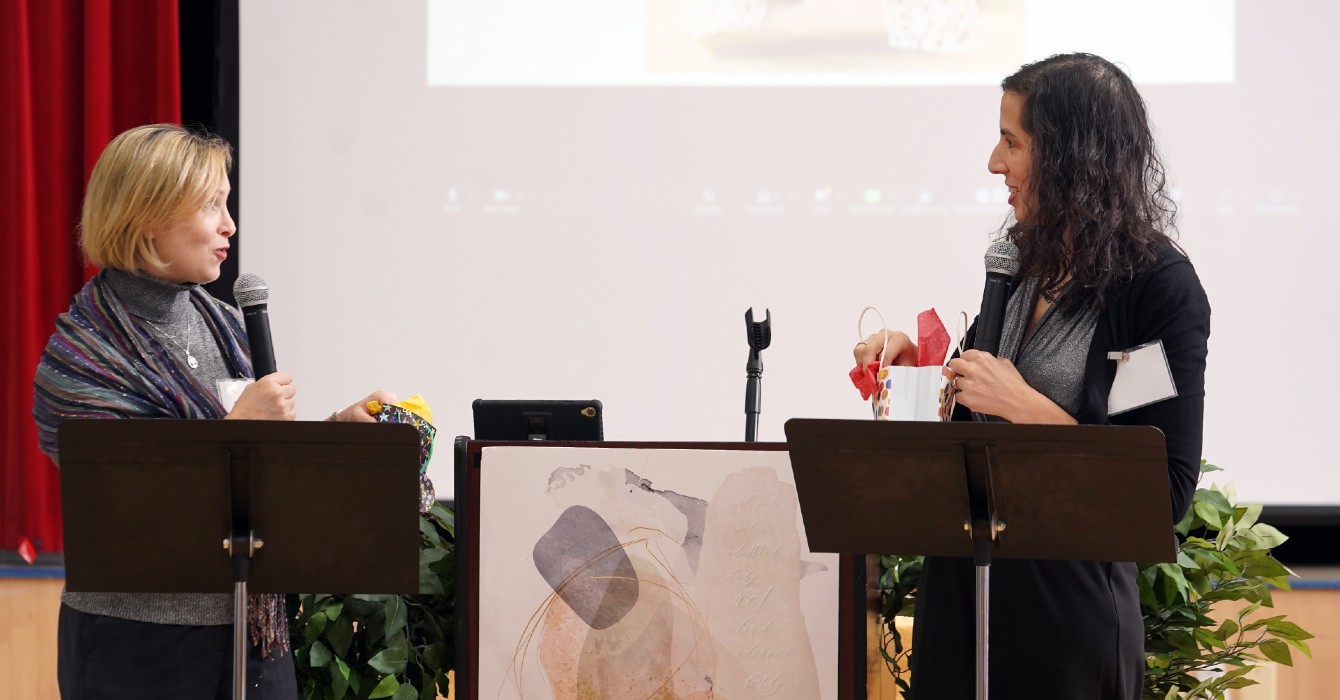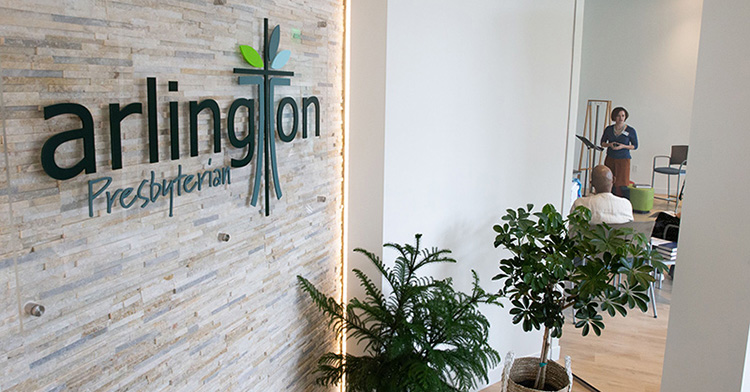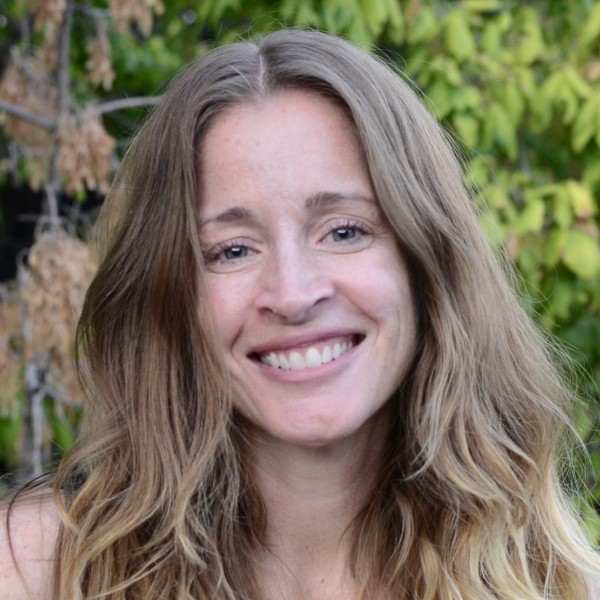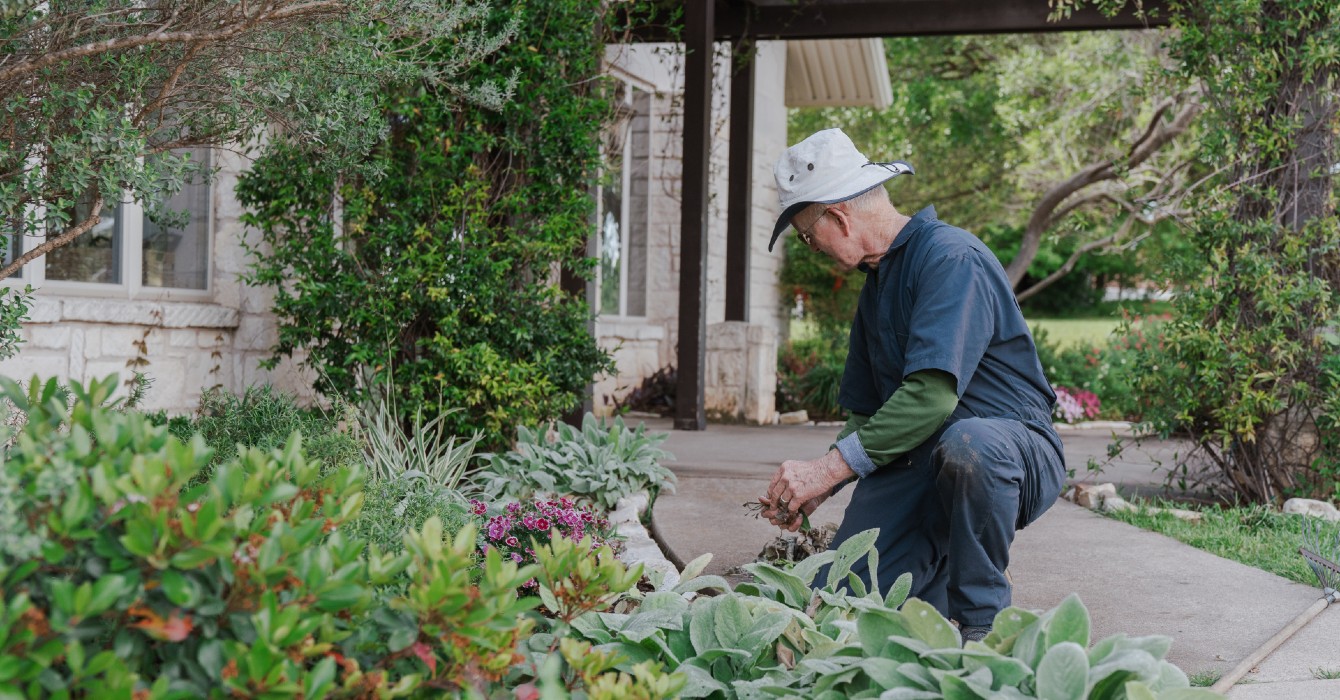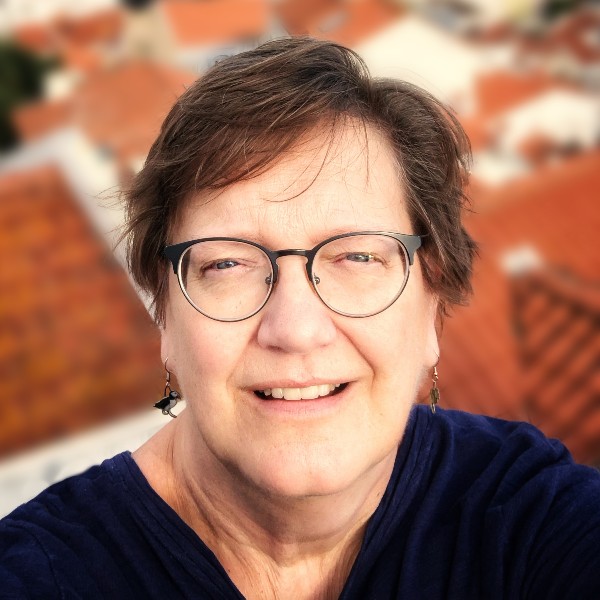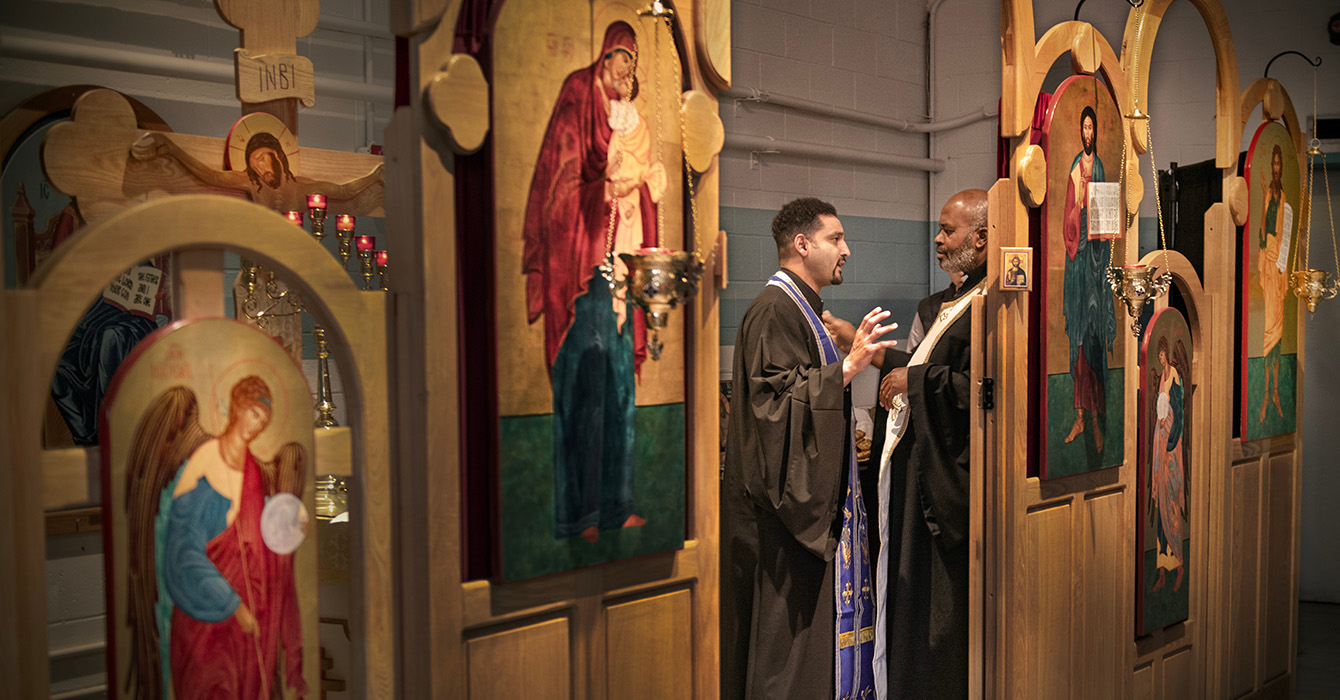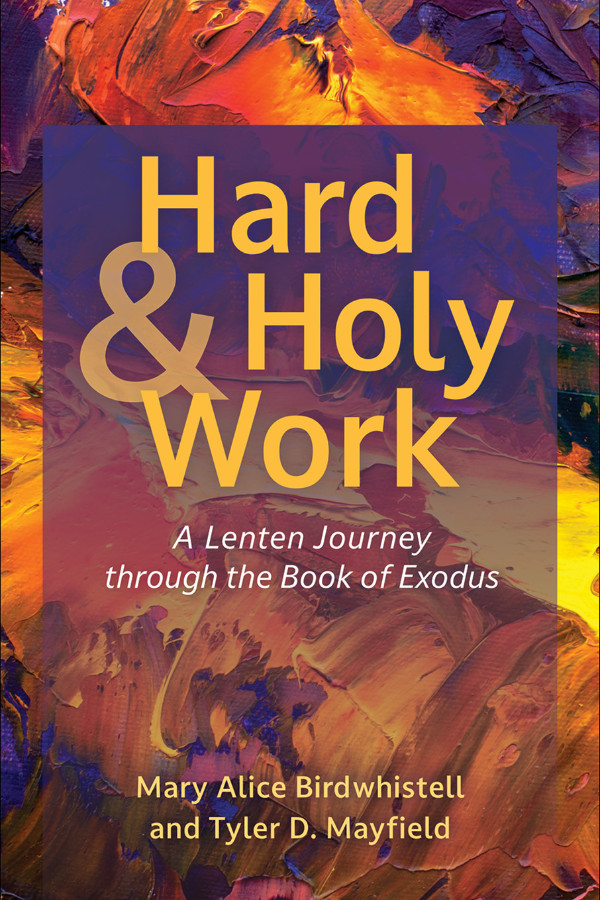Sometimes, the best way to learn about the church may be to get as far away from it as possible, to attend a meeting or conference that has nothing to do with the church at all. That’s what I did this fall when I went to San Francisco for the Social Capital Markets Conference, SOCAP13, a gathering of social entrepreneurs from across the globe.
As the “community curator” of Union, a Dallas nonprofit coffeehouse/church that exists to care for its neighborhood, I wanted to learn more about social ventures and perhaps pick up new ideas that we could use.
At SOCAP, I found all of that and much more. I found inspiration, hope and God at work beyond the walls of the church. I found fertile ground that the church has yet to engage. More accurately, I discovered ground that the church once owned but abandoned and now must work to reclaim.
In many ways, SOCAP was like Annual Conference for the social venture community. About 2,000 social entrepreneurs and funders attended the event, all united by a common agenda: to advance the common good while remaining profitable. Social ventures generally seek to change the world while also generating a profit.
I have never been more inspired or more hope-filled at any church conference than I was at SOCAP. I met person after person who had identified a need somewhere in the world and was now working to offer a solution.
It is a strange and disturbing thing when a “Methodork” such as me, an ordained elder who deeply loves the United Methodist Church, is more inspired by a social venture conference than General Conference. But that is what happened, and I am apparently not alone.
I know many seminarians who are abandoning the ordination process to pursue more creative means of changing the world. They generally see the church as unfit or unwilling to empower them in these ventures. So they learn about God at seminary and then go get an MBA or an MSW to learn how to change the world.
Kenda Creasy Dean, a professor at Princeton Theological Seminary, attended the event to help her prepare for a new class she will offer next spring, “The Church as Social Venture.” In a hallway visit, Dean told me that she too has seen many seminarians forgo ordination because they believe they can be more creative and effective working outside a denominational structure.
“I want to equip them for this kind of work,” she said.
Dean said that she had recently written Jeffrey Sachs, the author of “The End of Poverty,” to ask why he didn’t view churches as possible leverage points for ending poverty.
She never heard from him -- and wasn’t surprised.
“If I were to guess, the answer is that there’s simply not much compelling evidence that churches in the last 50 years are all that interested in social impact,” Dean said.
Churches do a lot to alleviate local suffering, Dean said, but she has come to realize that “it’s the government and economic policies, not the gospel, that have been responsible for the planet’s most dramatic improvements in the people’s quality of life.”
There are, of course, exceptions. The North Texas Annual Conference, for example, recently launched The ZIP Code Project, an effort to eradicate poverty in two ZIP codes in northeast Texas. And many more examples surely exist.
But even so, the church has largely abdicated its role as the primary agent for social and economic change in the U.S. It is a sad development, given the church’s historical role in civil rights, temperance, child labor, suffrage, abolition and every other significant social movement in American history.
But if the church has dropped the baton, others, especially in the social venture world, have picked it up.
Steve Wright, the vice president for poverty insights at the Grameen Foundation, vividly illustrates the very different mindset that social entrepreneurs bring to their work.
In his conference presentation, Wright talked about Antoinette Tuff, the Georgia bookkeeper who convinced a would-be school shooter to surrender to police by talking to him about love.
“Just as we look to the ledger for profits as evidence of success, we must learn with intention and rigor to look into our communities for love as evidence of success,” Wright said.
I could not believe what I was hearing. A top executive at a major nonprofit told a roomful of business leaders and entrepreneurs that love matters as much as profits.
Then Wright closed the way all good prophets do, by challenging his listeners to see their calling in a new way.
“How can we build communities where Antoinette Tuff is ordinary?” he asked.
As the crowd rose to its feet and cheered (you can view his speech here), I looked around that room filled with highly effective people who yearned for love and thought, “What an incredible opportunity for the church!”
Though I now live in Texas, I grew up on the Jersey Shore, across a lagoon from wetlands. There, at an early age, I learned that wetlands are a place where worlds come together, filling the oceans, air and land with life. Without wetlands, oceans die and the air falls empty.
What if the church and the social venture world built a “wetland”?
Social entrepreneurs are a thriving community of world changers who are interested in converting profits and industry into love.
The church shares with them a common mission: the transformation of the world. And though we may not be as effective at transforming the world as we once were, we have the very things that most social ventures need: property, people, funding and a narrative of servanthood.
What would happen if we swallowed our pride and asked for help?
What would happen if churches and denominations invested in social venture startups rather than more staff members to prop up our over-programmed congregations?
What could it be like if bishops and district superintendents were free to spend less time on institutional management and more time mobilizing congregations to partner with change agents in our districts, annual conferences and countries?
What if our seminaries trained pastors in the art of community organizing and sustainable investment practices?
What if we partnered with someone like Steve Wright to figure out how to measure love in a community and add that to our dashboards?
What if we came together to create a new “wetland,” giving new life to the world?






